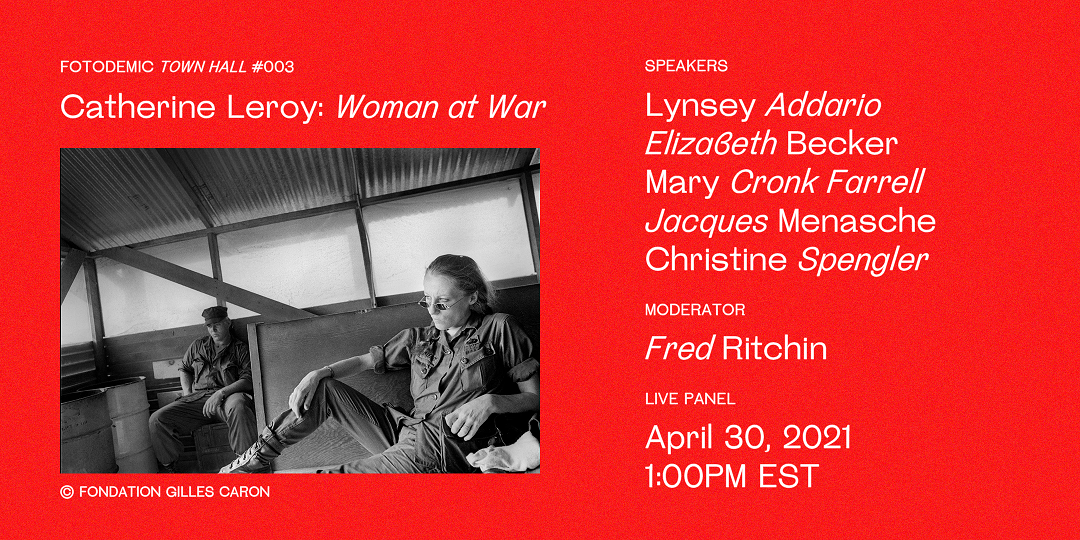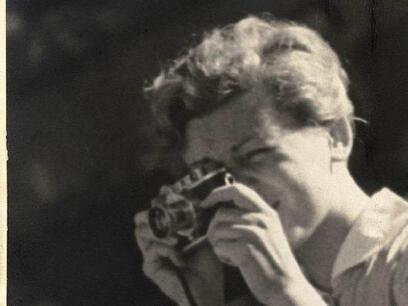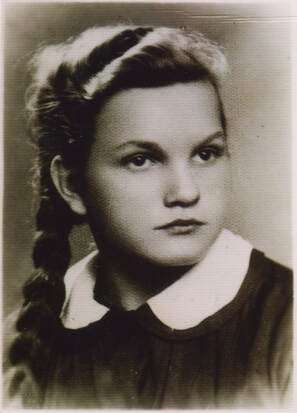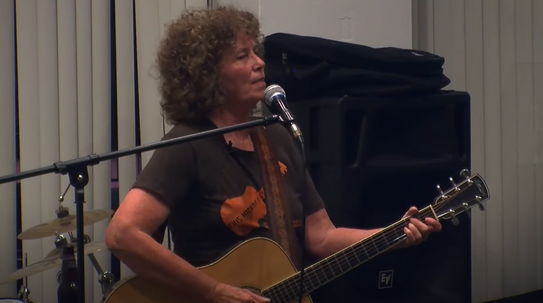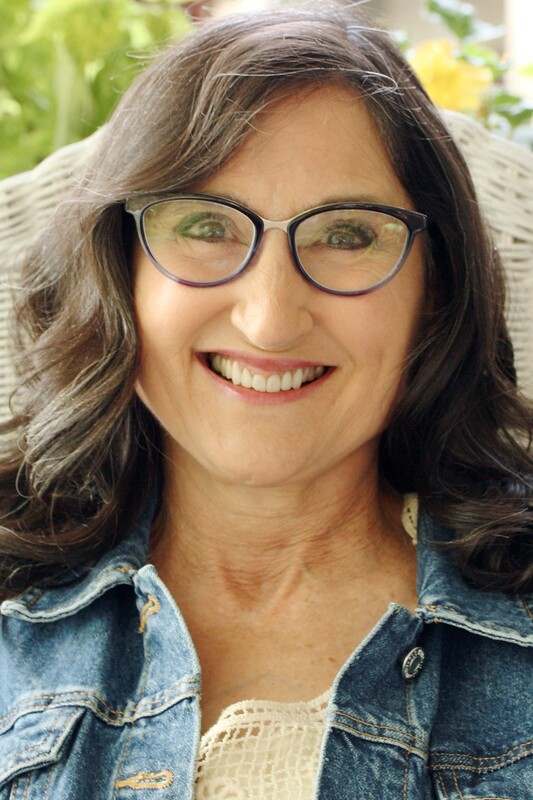|
This week's feature story could be filed under tragic love stories. But I'm not focusing on the couple. This story is about the woman who is often stuck in a forgotten corner of history, hidden by the long shadow cast by her famous lover. Gerda Taro believed photographs could change the world. In the mid-1930s, she served as a midwife of sorts, helping birth the powerful force of modern photo journalism. Taro captured some of the most memorable images of the Spanish civil war, and was the first woman in history to take pictures in battle. Unfortunately, she was also the first to lose her life reporting in a war zone. Tragedy and mystery conspired to shroud Gerda Taro and her work, leaving photojournalism to move on without her. Below: Gerda Taro at work. The daring activism that carried Gerda to the battlefields of Spain ignited in Germany.
Gerda Pohorylle was born in 1910 to a Jewish family in Stuttgart. She came of age with the rising fascist National Socialists German Workers Party, (Nationalsozialistische Deutsche Arbeiterpartei abbreviated Nazi) and joined the opposition. In 1933, while passing out pamphlets at an anti-Nazi protest, Gerda was arrested and detained. Hitler became chancellor shortly after, and 23-year-old Gerda fled to Paris for safety. Amid a a flood of refugees fleeing fascism, Gerda struggled to find work in Paris, but eventually got a job at Alliance Photo Agency. Hanging out with other young newcomers to Paris, she met Endré Friedmann, a Hungarian refugee trying to make a living as a photographer. The two fell in love and developed a remarkable working relationship. Gerda advised Endré on aspects of business and wrote captions for his pictures. He taught her the fundamentals of photography. Wanda Traczyk-Stawska was 12-years-old when the German army invaded Poland in 1939, and a bomb hit a house across the street from where she lived in Warsaw. "I ran out with this dog in my arms to see where this bomb hit, to possibly cry out for people's help," Wanda said. "I saw a woman running out of the rubble of a building with an infant...I saw the Germans shooting this woman, aiming at this infant. I saw this child fall apart."
"And I was also at that time, first witnessing them throwing out of the house where we lived, my friend a Jew, I saw how they yanked her grandfather, how they pushed him, because he did not know what was going on, did not understand anything, cried, a terrible scene. Then my attitude towards the Germans was unequivocal." Not much later the Germans came and booted Wanda's family out of their apartment. She has spunk even at 12. "He pushed me, this officer, because I wasn't very polite," Wanda said. Over the weekend, friends, family and fans of Anne Feeney gathered virtually to remember the fierce and unflagging protest singer who promised to "comfort the afflicted and afflict the comfortable." Utah Phillips called her “the best labor singer in North America." She was that, and so much more. Two-time cancer survivor Anne Feeney fell to the coronavirus in February at age 69. Saturday, her life and legacy will be celebrated virtually on Zoom and Facebook Live. I got to meet Anne several times in her hometown of Pittsburgh, PA, when I traveled there to promote Fannie Never Flinched. She wrote a ballad about Fannie Sellins' life long before I wrote my book. She Called Herself a HellraiserAnne Feeney was much, much, more. At Anne's memorial Saturday, her daughter's words are those that most deeply touched me .
"My mama, Anne Feeney may not have taught me how to paint my nails or curl my hair, but she certainly taught me how to be a strong woman. She taught me to be sure I am treated equally and to treat others the same. "She taught me to protect and encourage other women. She taught me to stand together with those who are struggling. She taught me that if one person is being treated unfairly, we are all being treated unfairly." ~Amy Sue Berlin Anne's music carried a message of solidarity to working people, and put corporations and politicians on notice. She sang for steelworkers, carwash employees, miners, strawberry pickers, railroad crews, anti-sweatshop activists and homeowners fighting foreclosure. She sang at demonstrations for women's rights, the environment, human rights and lent her voice and a hand to people working to end poverty and racism. |
I'm fascinated to discover little-known history, stories of people and events that provide a new perspective on why and how things happened, new voices that haven't been heard, insight into how the past brought us here today, and how it might guide us to a better future.
I also post here about my books and feature other authors and their books on compelling and important historical topics. Occasionally, I share what makes me happy, pictures of my garden, recipes I've made, events I've attended, people I've met. I'm always happy to hear from readers in the blog comments, by email or social media. Archives
September 2023
Categories
All
|
